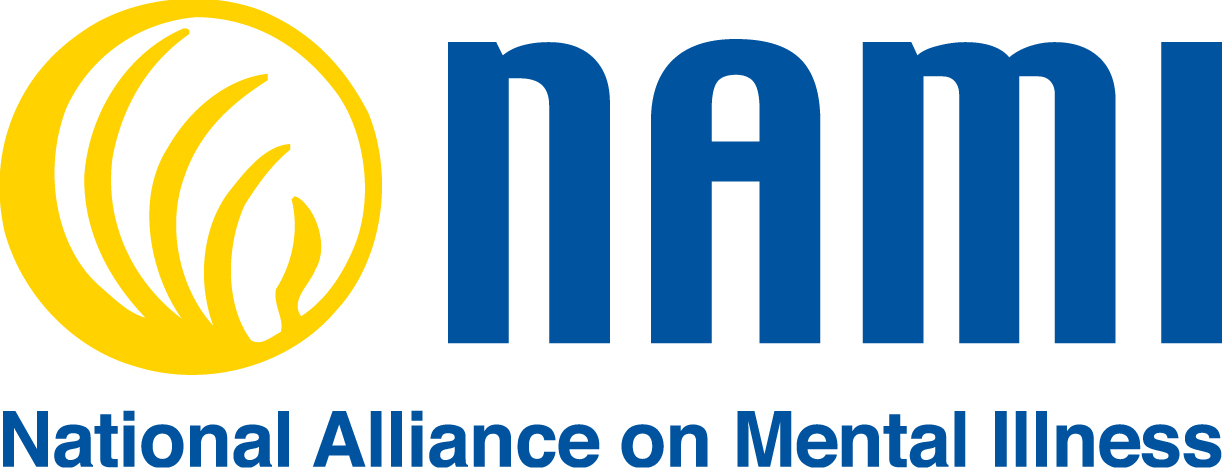Cynthia Burton, Ph.D., is this year's NAMI (National Alliance on Mental Illness) Unger Research Fellow at the University of Michigan.


The fellowship has four specific aims:
- To support young investigators at a critical time in their career.
- To sensitize them to the family context of serious mental illness, providing them with feedback about relevant issues for family members and the type of research families would like to see.
- To inform families about the research being conducted 'in their own backyard,' providing hope for better treatments.
- To provide young investigators with opportunities to learn how specific research interventions are perceived by patients and their families.
A close working relationship is planned between NAMI and the University of Michigan: Dr. Burton will attend and present at NAMI's annual convention, contribute to NAMI's resources, and discuss her research work with NAMI members in person or via media.
Recently, Dr. Burton wrote the following article for the NAMI Washtenaw County “Connections” newsletter:
Unger Fellow to Focus on Cognitive Aspects of Mental Illness
As the calendar page turns to September and a new academic year begins, I am thrilled to introduce myself as the NAMI Unger Research Fellow at the University of Michigan. The fellowship provides support for a junior scientist and offers the opportunity to be a “research ambassador” to the NAMI community.
My mission is to make science more accessible and to learn from NAMI members about their experiences and perspectives on mental health. I aim to translate “science speak” into plain language and provide information about how science turns into practice. In turn, I hope to hear how science can be more helpful to the community. My activities will include visits to affiliate meetings, presentations at NAMI conferences, and newsletter contributions.
This role seems a natural fit for me. Mental health research and I go way back: My eighth grade science project was titled “Does Sunshine Make You Happy?” I remember my enthusiasm at creating a questionnaire and reviewing people’s responses. To be fair, I lived in sundrenched southern California so this was probably not the scientific breakthrough I imagined. Nevertheless, it kicked off my work in mental health research and carried me through graduate training in clinical psychology.
Currently, my research focuses on developing treatments for cognitive problems experienced by people with mental health conditions. Difficulty with thinking skills like attention, memory, and problem-solving is very common and can really limit one’s ability to work, go to school, or maintain relationships.
So far, medications have not been helpful for these cognitive symptoms, but behavioral treatments show promise. These treatments vary widely but may include strategy training to learn new habits, computer exercises, or even brain stimulation. To be sure, there is a lot of work to be done; although current research suggests these treatments are effective, many questions remain about who they are effective for and how. These are some of the questions I hope to address, with the goal of developing useful treatments to help people reach their recovery and wellness goals.
Over the coming year, I hope NAMI members will feel comfortable approaching me to ask questions and discuss science, and that they will help me understand how cience can be most useful to the broader community. Thank you, NAMI, for the warm welcome!
Find the entire newsletter here.

